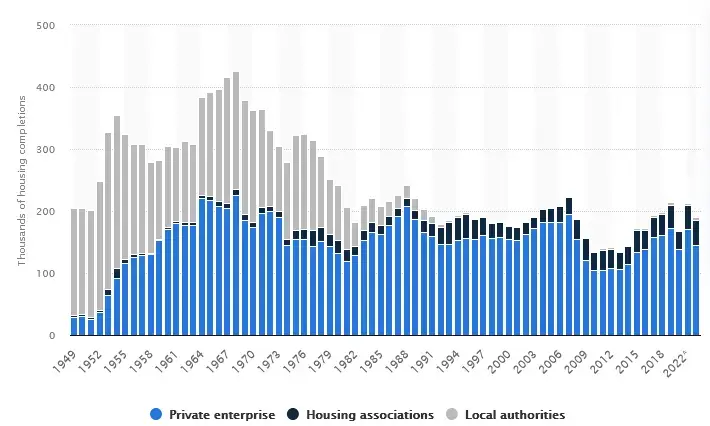I don't know if I'm leftist, but the US spectrum is well right of most of the world.
The question is multi-layered. Your aunt may or may not be a bad person, I don't know her. Them renting out property may or may not be for good reason, even if they're doing it to "survive" in the capitalistic economy.
The real issue is that capitalism itself is exploitative, and (depending on where you draw the line) participating may fall under being complicit.
My understanding of parasitism is extracting resources for their own benefit, with little to no benefit for the exploited/system.
The first hint of parasitism is amassing resources they aren't using for living. Your aunt and husband made surplus money to be able to afford buying the properties. Unless they did that by extracting resources, refining them, working them and making provisions for them to be recycled and ecologically compensated - others will have had to pay the cost. Either by working harder than them, or suffering more than them, for example due to an imbalance of ecology. This is one form of parasitism.
Another perspective of parasitism is inserting themselves as a middle party. Your aunt almost certainly isn't providing the housing at cost, where rent barely covers their labor and property upkeep. That means they are keeping someone from a home, unless they pay extra to your aunt. Just like a bully.
Now, this doesn't mean that your aunt has any malicious intent. The point is that the system itself is evil, like a pyramid scheme of bullies, where each layer extracts something from each underlying layer. This is useful for making ventures, but at the cost of ever increasing exploitation and misery. Especially when capitalists are allowed to avoid paying for restoring the exploited, or incentivised to do it more. I'm sure you've heard of enshittification.
Now, example time!
I'm sure you've thought that air is important for you to survive. And maybe you've ever worried that traffic or other pollution might make your air less good for you?
Enter the capitalist! For a small premium we'll offer your personalised air solution, a nifty little rebreather loaded with purified air you carry with you all day. The price is so reasonable as well, for only $1/day you can breathe your worries away!
Now, producing the apparatus means mining and logging upstream of your town, removing natural air filtering and permanently damaging your environment, but they only charge for the machines and labor. Restoration is Future You's problem. Selling and refilling the apparatus happens to also produce pollution, making the air worse for everyone. But that makes the apparatus more valuable! Price rises to $2/day.
Competitors arrive, some more successful than others, all leaving ecological devastation and pollution that can't be naturally filtered. Air gets worse. One brand rises to the top, air is more valuable and lack of competition makes it so that air is now $4/day.
Then an unethical capitalist figures that if we just make the air slightly worse, profits will go up! They don't want to be evil, but cutting corners when upgrading the production facility means the pollution gets worse. Other adjacent capitalists see that they also can pollute more without consequences. Air gets worse and price increases to 6$/day.
Air is starting to get expensive, rebreather sharing services, one-use air bottles, and home purifyers crop up, increasing pollution and raising costs, air is now $8/day for most people.
People start dying from poor air, new regulations on apparatus safety and mandatory insurance come up, driving prices further to $10/day. You now also need a spare apparatus and maintain it in case your main one breaks down.
Etc.
The point of the example is that through a series of innocuous steps, all making perfect sense within capitalism, you are now paying $300/month more to live than before capitalism, with little real benefit to you, and no real choice to opt out.
Each and every step is parasiting on your life, by requiring you to work harder for that money, and/or suffer more due to pollution and ravaged environment.
The only solution to not work/suffer into an early grave is to have others work on your behalf, perpetuating the parasitic pyramid scheme.
This is where your aunt is, is she evil? Probably not. Is her being an active part of an evil system bad? Yes, yes it is. Capitalism bad.
